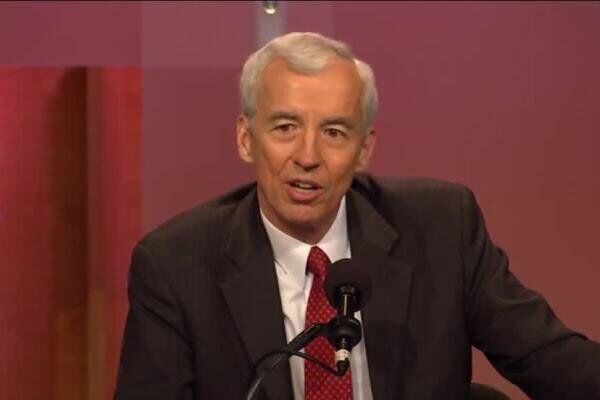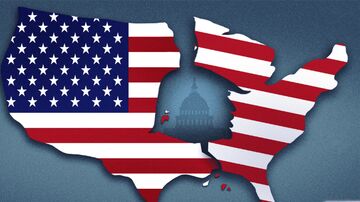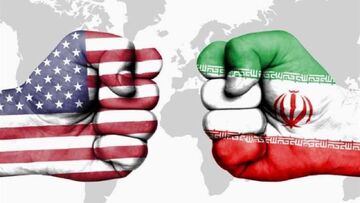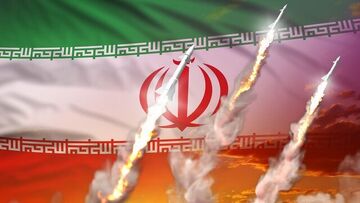TEHRAN (Bazaar) – Professor Paul Pillar, who was CIA intelligence analyst for 28 years, says the admission of Iran extends the territory of the SCO to the Persian Gulf, making it more than just a Central Asia and South Asia organization.
“Membership will add a sense of additional support to Iran as it confronts the West over nuclear issues or other matters,” Pillar told Bazaar News Agency.
Following is the full text of the interview:
Q: Iran officially became a permanent member of the Shanghai Cooperation Organization (SCO) as the 9th member. What is the importance of this membership in the transition world order?
A: The significance is not so much a matter of worldwide order but rather is of more regional significance. The admission of Iran extends the territory of the SCO to the Persian Gulf, making it more than just a Central Asia and South Asia organization.
Q: In your opinion, what are the benefits of Iran's permanent membership in this organization?
A: Membership will add a sense of additional support to Iran as it confronts the West over nuclear issues or other matters. To the extent that the SCO develops further as an economic organization--with talk about creating a free trade area within it--Iran is now in a better position to benefit economically from such arrangements.
Q: As the main axes of the SCO, India, China and Russia welcomed the permanent membership of Iran. What is your assessment of this issue?
A: Each existing member had its own reasons to look favorably on Iranian membership. The anti-Western orientation of Russia and China would make those states tend to favor closer relations with states that, like Iran, have their own confrontations with Western democracies. India would have its own calculations, based on its significant bilateral relationship with Iran and probably a desire to provide better balance against Pakistan and China.
Q: This organization is evaluated as an institution in South-South relations. Can this organization lead global South-South cooperation?
A: SCO will have a role in such cooperation, but not necessarily the leading role. The BRICS group--in which Russia, China, and India are among the members--may have more of a role, with a greater geographic spread and just as much population being represented.
Q: What is the position of the SCO in future world order?
A: It is one of several loose groupings that will be part of that order but will not define that order. It is not a mutual security alliance, such as the Collective Security Treaty Organization, which includes some of the same members, let alone being a major alliance such as NATO. The role of the SCO will be limited by the differences and even conflicts of interest among some of its members. India's troubled relations with both China and Pakistan are a big part of that.















نظر شما